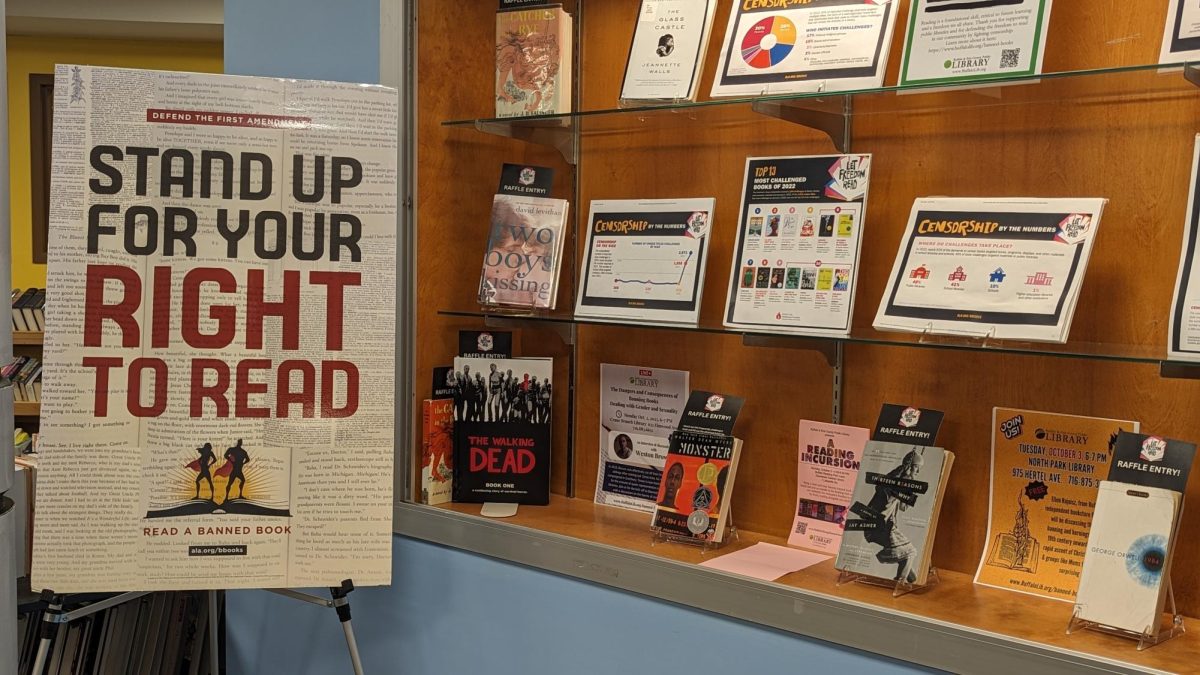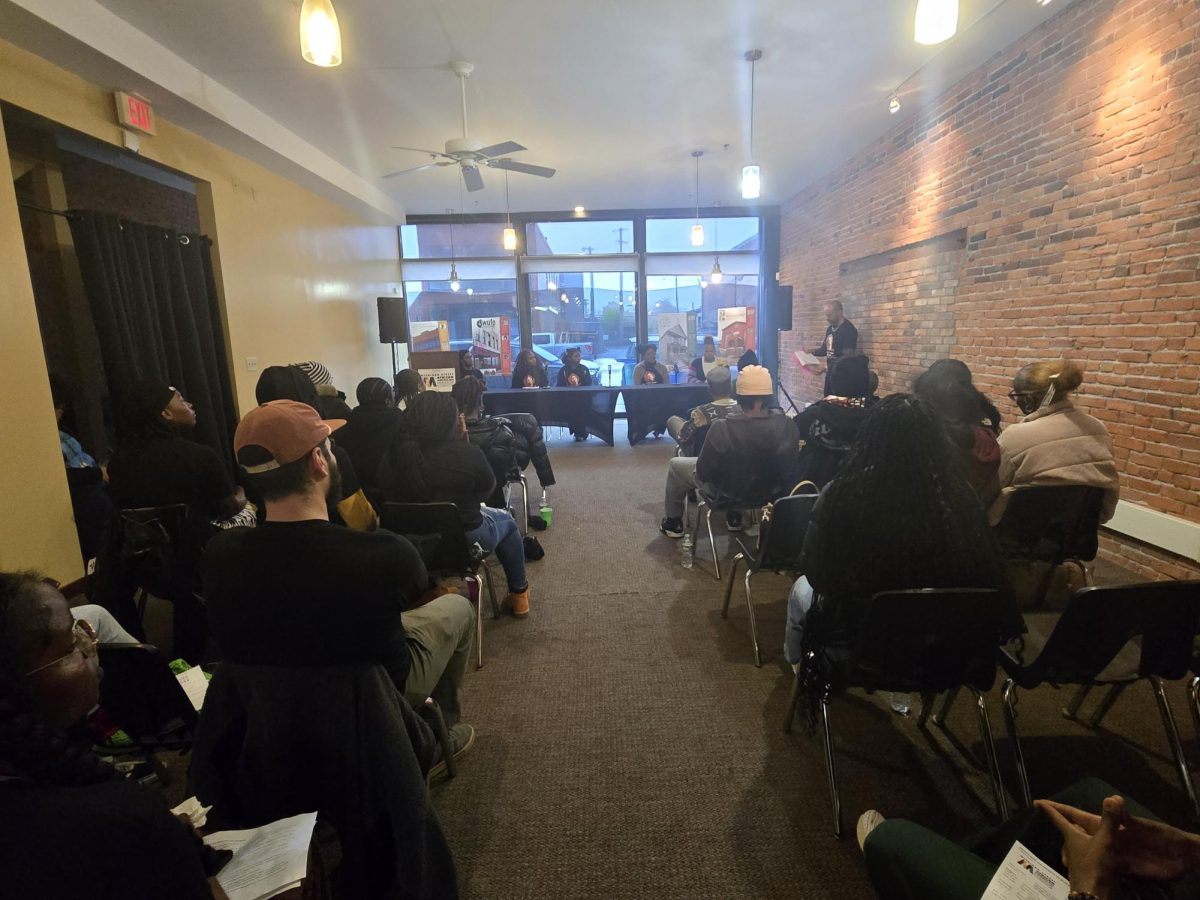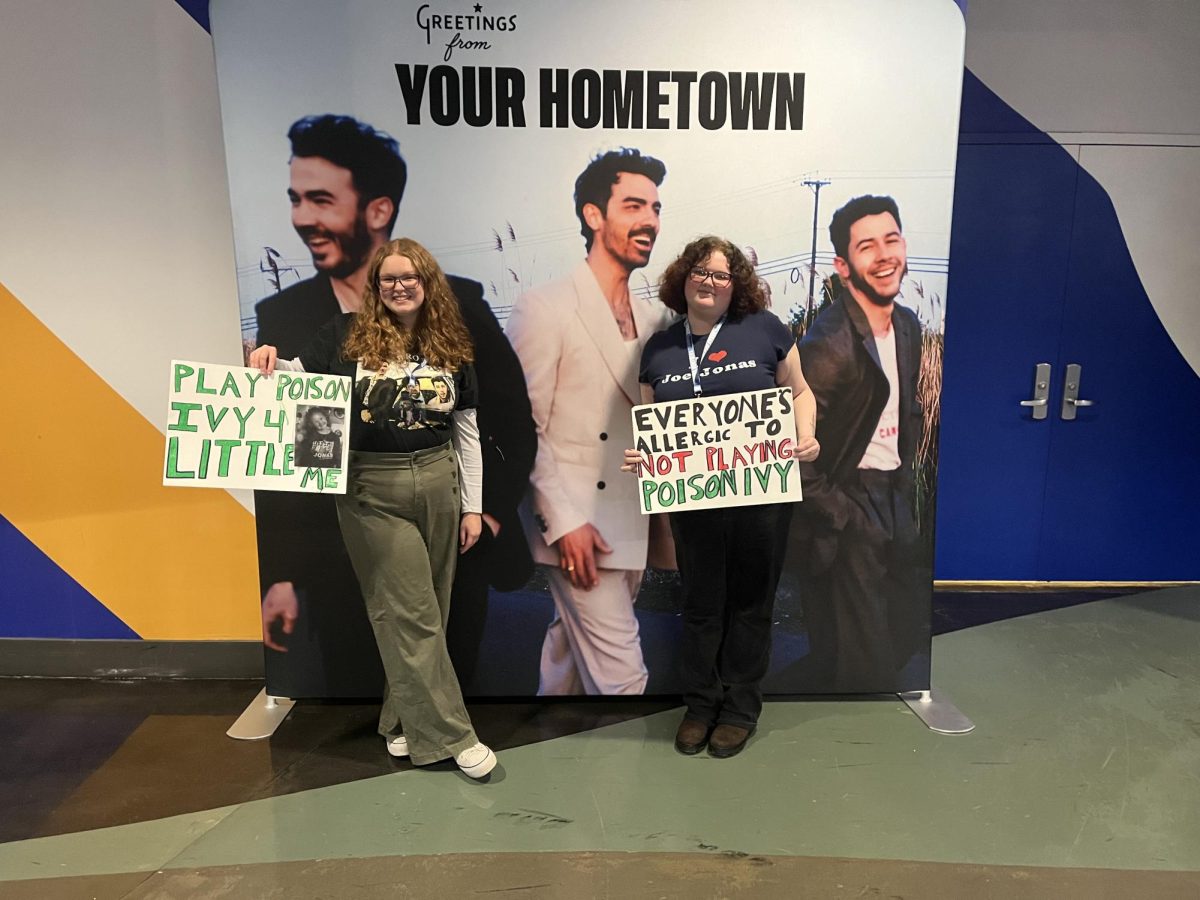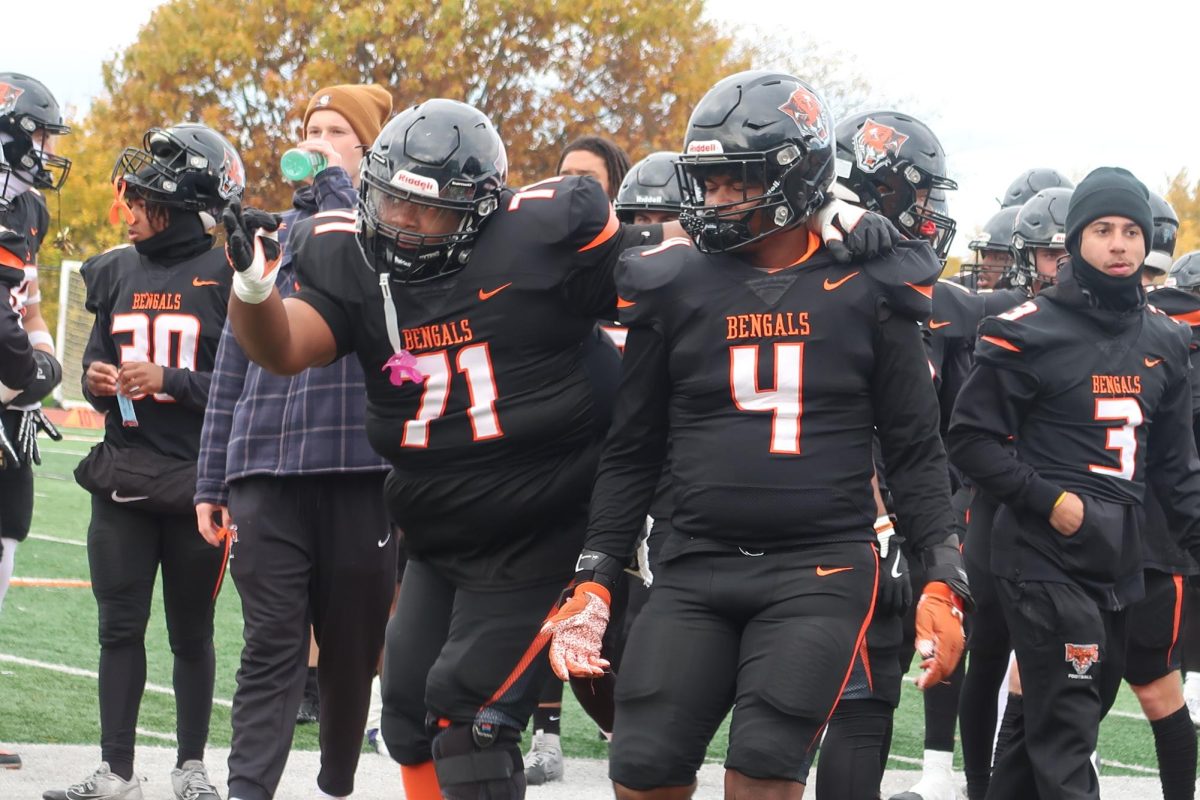Should the nation-state regulate the books you can read?
Is the censorship of books a justifiable element of a limited government?
Though minimal interventionism is the approach of the U.S. government, the censorship of books continues to occur. Restrictions on reading materials and the censorship of books are not new or even unique to the United States. Book bans are unique to government bodies, or political candidates, who are trying to limit the narrative and halt the progression of ideas and perspectives. Why ban ideas?
In fact, the first documented book ban in the U.S. occurred in 1637, where New English Canaan was restricted. And, the burning of written material, typically those that included more progressive or “un-German” ideas, were an act of the Nazi Regime in Germany in the 1930s.
Restricting one’s ability to learn new information and ideas is a dangerous game. Once a government entity or other regulatory body censors and limits access to information (perhaps, regarding topics like race, gender, sexual orientation, etc.), normalizes such an action, and supplies a vague, yet emotionally charged, reason for doing so, it can lead to stifled societal progress and ideas. Without access to information or knowledge, a unilateral narrative can be legitimatized, resulting in apprehension or ignorance toward progress in society.
While obscene and violent/threatening material are illegal, and rightfully so, the topics that are targeted often include those related to the LGBTQ+ community, people of color, etc.
National Banned Books week is Oct. 1, 2023, through Oct. 7. This is a week dedicated to books that were suppressed, challenged, or otherwise restricted for political reasons. The theme is “Let Freedom Read.” When a political agenda interferes with access to information, that is an unacceptable reality. With the ever-increasing obsession on banning books, and the continued use of wedge issues to gain voter recognition and support, it is essential to allow the free circulation of new and different ideas, viewpoints, and perspectives.
For more information:









